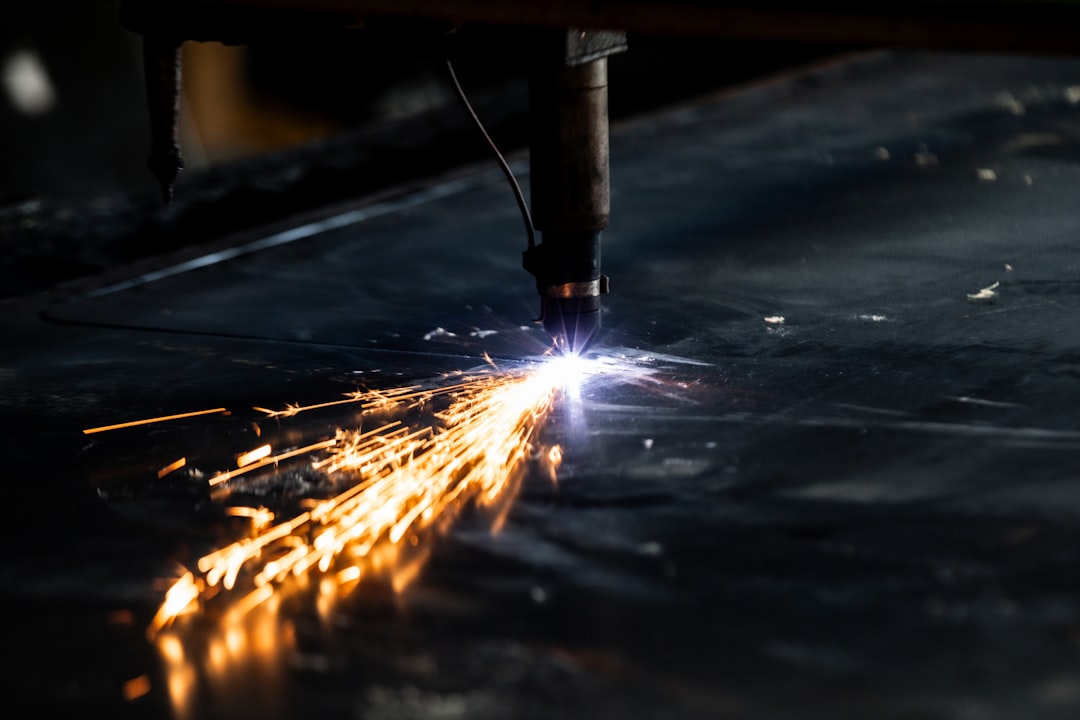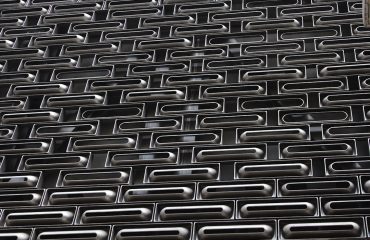The steel industry, known for its complex pricing structures and demanding timelines, is undergoing a significant transformation thanks to the integration of Artificial Intelligence (AI). AI-assisted steel quoting tools are no longer a futuristic concept; they are rapidly becoming essential for businesses aiming to optimize their operations, improve accuracy, and gain a competitive edge. This post delves into the world of AI-powered steel quoting, exploring its benefits, functionalities, and the future it promises.
1. Accelerating the Quoting Process with AI: Speed and Efficiency
Traditionally, generating steel quotes involved a laborious manual process. This involved numerous calculations, cross-referencing various data sources (like material specifications, market prices, and delivery costs), and potentially multiple human interactions. AI-assisted tools automate significant portions of this process. By leveraging machine learning algorithms trained on vast datasets of historical quotes, material specifications, and market trends, these tools can generate accurate quotes in a fraction of the time it takes manually. This speed boost allows steel companies to respond to customer inquiries quickly, enhancing customer satisfaction and potentially securing deals faster than competitors.
Furthermore, AI can handle a higher volume of requests simultaneously, eliminating bottlenecks and improving overall operational efficiency. This increased capacity allows sales teams to focus on higher-value tasks like relationship building and strategic account management, rather than being bogged down by administrative quote generation.
2. Enhancing Accuracy and Reducing Errors in Steel Quotes
Human error is inevitable in any manual process, and steel quoting is no exception. Miscalculations, overlooked details, or incorrect data entry can lead to inaccurate quotes, potentially resulting in lost revenue or even contractual disputes. AI-assisted tools significantly mitigate this risk. By automating the calculation process and consistently applying pre-defined rules and formulas, these tools minimize the chances of human error. The accuracy of AI-generated quotes is often significantly higher, leading to greater trust and confidence from customers.
Moreover, AI can identify potential inconsistencies or errors in the input data, alerting users to potential problems before they lead to inaccurate quotes. This proactive error detection capability contributes to a more robust and reliable quoting process.
3. Leveraging Real-Time Market Data for Dynamic Steel Pricing
Steel prices are notoriously volatile, influenced by factors like global supply and demand, raw material costs, and geopolitical events. Traditional quoting methods often struggle to keep pace with these fluctuations. AI-powered tools, however, can integrate with real-time market data feeds, ensuring that quotes reflect the most current pricing information. This dynamic pricing capability is crucial for maintaining competitiveness and avoiding losses due to outdated price information.
Furthermore, some advanced AI systems can even predict future price trends based on historical data and market indicators. This predictive capability allows businesses to anticipate price changes and adjust their quoting strategies proactively, maximizing profitability and mitigating risks.
4. Integrating with Existing CRM and ERP Systems for Seamless Workflow
AI-assisted steel quoting tools are designed for seamless integration with existing Customer Relationship Management (CRM) and Enterprise Resource Planning (ERP) systems. This integration eliminates the need for data duplication and manual data entry, streamlining the overall workflow. Quotes generated by the AI tool can be automatically transferred to the CRM system, providing sales teams with a complete view of customer interactions and quote history.
Similarly, the integration with ERP systems enables seamless transfer of quote data to order management and inventory systems, further automating the downstream processes. This integrated approach reduces manual intervention, minimizes errors, and optimizes the entire sales-to-delivery cycle.
5. The Future of AI in Steel Quoting: Advanced Analytics and Predictive Capabilities
The future of AI in steel quoting is bright. We can expect to see even more sophisticated tools capable of handling increasingly complex scenarios. This includes advanced analytics capabilities that provide insights into customer behavior, market trends, and profitability of different quoting strategies. Predictive modeling will become more accurate, allowing businesses to optimize pricing, inventory management, and even sales forecasting.
Furthermore, the integration of AI with other emerging technologies, such as blockchain and the Internet of Things (IoT), will further revolutionize the steel industry. Blockchain can enhance transparency and traceability in the supply chain, while IoT sensors can provide real-time data on material inventory and production processes, feeding into the AI-powered quoting system for greater accuracy and efficiency.
In conclusion, AI-assisted steel quoting tools are not just a technological advancement; they are a game-changer for the steel industry. By automating processes, enhancing accuracy, and providing valuable insights, these tools are empowering steel companies to operate more efficiently, competitively, and profitably. As AI technology continues to evolve, we can expect even more transformative applications in the years to come.
SEO Tags:
AI steel quoting, steel quoting software, AI in steel industry, automated steel quotes, steel price prediction




